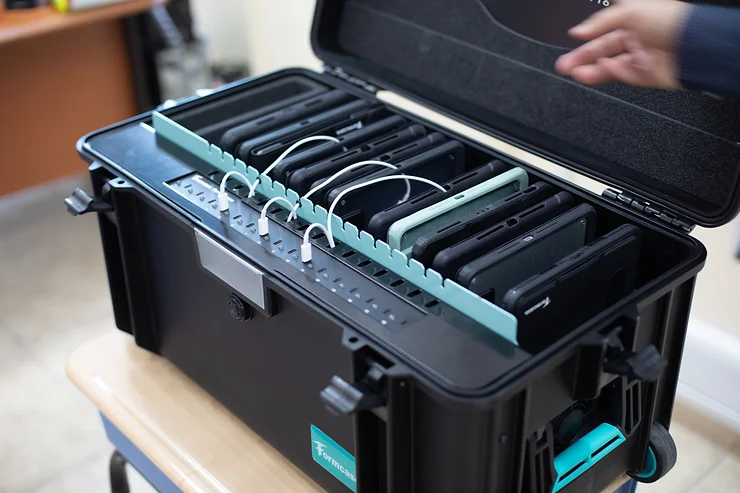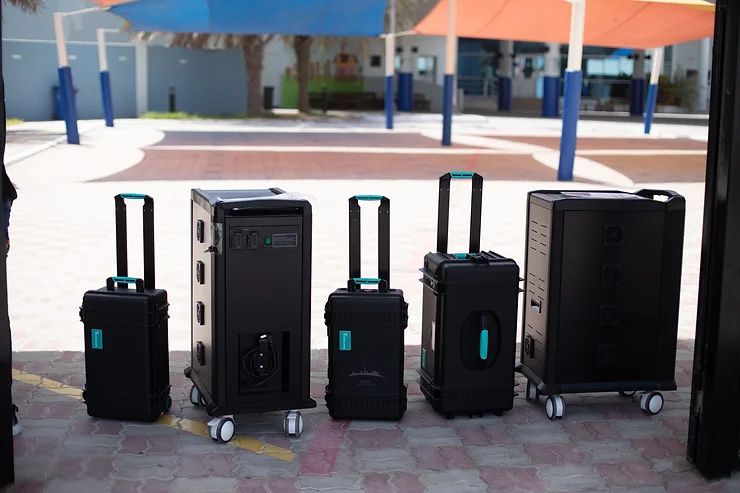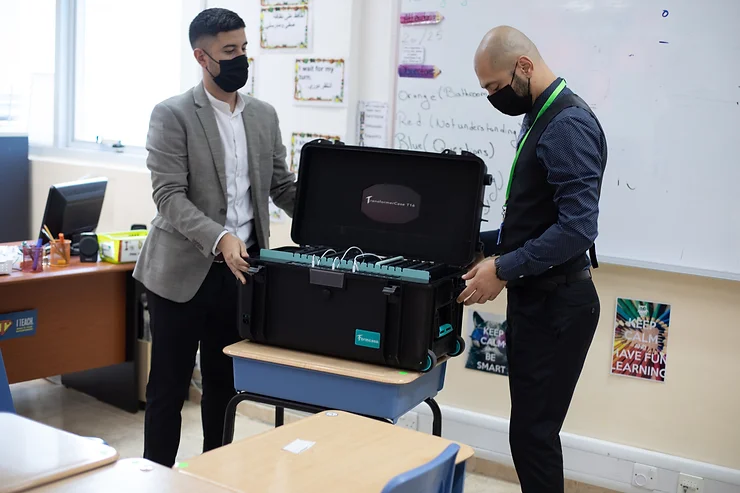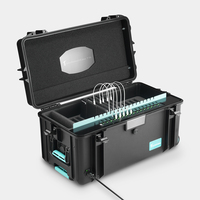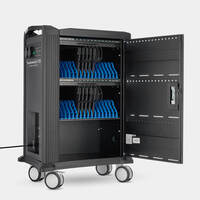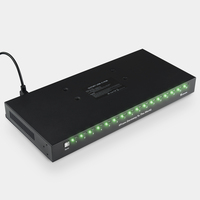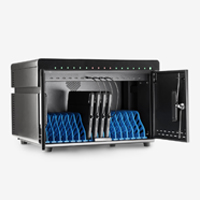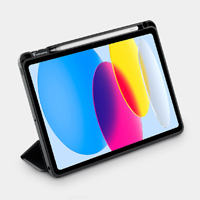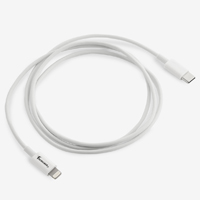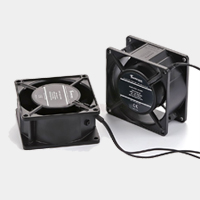Education
Digital Education
Digital education, also known as technology-enhanced learning (TEL) or e-Learning, is the creative application of digital tools and technologies during teaching and learning. Exploring the use of digital technologies allows educators to create interesting learning experiences for the classes they teach, and these can be blended or entirely online courses and programs.
The phrase “digital education” is being used more and more, but frequently without a clear understanding of what it entails. It is sometimes used synonymously with e-learning, online learning, and technology enhanced learning (TEL), however it can be argued that each of these phrases refers to a different stage in the development of the subject.
Any “education that is conducted at least partially in, with, or via digital technologies” falls within the broad definition of “digital education.” This is a very wide definition that could include online-only education, blended learning (which mixes online and face-to-face training), and the use of technology in traditional classrooms.
Digital technologies are a ubiquitous element of life in the twenty-first century, whether it be online banking, social media, streaming services, or activities used specifically for business or education like email, PowerPoint presentations, and PDF handouts. The adoption of pedagogical approaches expressly geared toward digital education, as well as the usage of more overtly digital technology like the Virtual Learning Environment (VLE), can feel a little more frightening.
Formcase in Education - Technology in the Classroom
Using tablet cases in the classroom offers several benefits for teachers and students. Here are some possible benefits:
- Tablet protection: A tablet case provides a safe and secure place to store tablets when not in use. This reduces the risk of damage from bumps, drops or accidental scratches.
- Organization and order: A tablet case allows teachers to organize and store tablets neatly. Each tablet has its own place, making it easier to find and access.
- Safe charging: Many tablet cases have integrated charging stations where the tablets can be charged. This makes it easier to charge the devices and ensures that they are always ready for use.
- Efficient use of tablets: Using tablet cases can significantly reduce the time normally spent distributing and collecting tablets. Students can quickly and easily take their tablets out of the case and put them back after use.
- Security and anti-theft: A tablet case may be equipped with a lock or security devices to protect the tablets from theft or unauthorized access.
- Mobility and flexibility: Tablet cases are often equipped with wheels or carrying handles, making it easier to transport tablets between classrooms or different school locations.
- Space saving: By using a tablet case, the tablets can be stored in a space-saving way, especially in classrooms with limited storage space.
